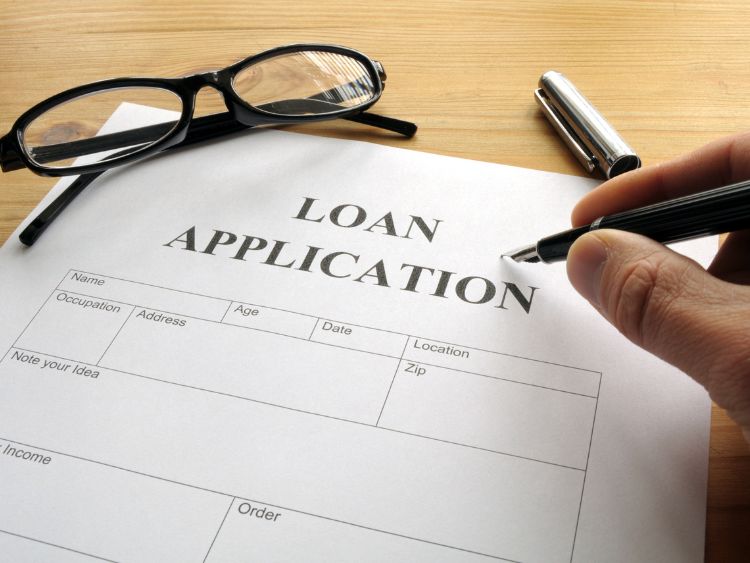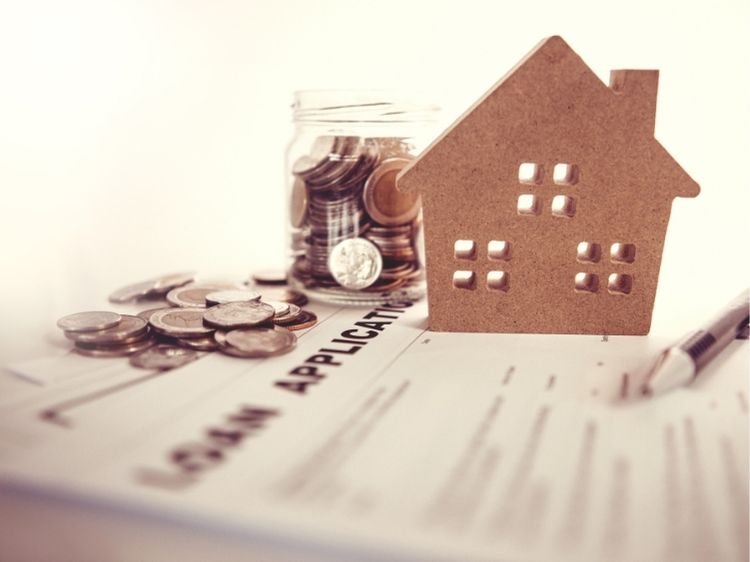When it comes to real estate investing, having access to the right financing options can make or break a deal. One such option that savvy investors use is the DSCR loan. But what exactly is a DSCR loan, and how can it help you finance your next real estate investment? In this article, we’ll break down everything you need to know about DSCR loans, including how they work, why they’re popular, and tips for securing one.
What Is a DSCR Loan?
A Debt Service Coverage Ratio (DSCR) loan is a type of financing typically used by real estate investors. Unlike traditional mortgages that rely heavily on personal income and credit history, a DSCR loan is approved based on the property’s ability to generate income. In simple terms, the lender looks at whether the property’s cash flow is enough to cover the loan payments.
For example, if you’re buying an investment property like an apartment complex or a commercial building, the DSCR loan focuses on how much rental income the property will produce versus how much you’ll need to pay monthly for the loan. If the income exceeds the loan payments, you’re more likely to get approved.
Why Is the DSCR Important?
The Debt Service Coverage Ratio itself is a critical metric for lenders. It’s a way of measuring the risk associated with lending money for a property investment. The formula to calculate DSCR is:
DSCR=Net Operating Income (NOI)Total Debt PaymentsDSCR = \frac{\text{Net Operating Income (NOI)}}{\text{Total Debt Payments}}DSCR=Total Debt PaymentsNet Operating Income (NOI)
Here’s what that means:
- Net Operating Income (NOI): The amount of income the property generates after all operating expenses are deducted, but before any loan payments.
- Total Debt Payments: This includes your principal and interest payments on the loan.
For instance, if a property has a NOI of $100,000 and annual debt payments of $80,000, the DSCR would be:
DSCR=100,00080,000=1.25DSCR = \frac{100,000}{80,000} = 1.25DSCR=80,000100,000=1.25
A DSCR of 1.25 means the property generates 25% more income than the amount needed to cover debt payments, which gives lenders confidence that you can repay the loan.
Benefits of DSCR Loans
Now that you know how DSCR loans work, let’s dive into why they’re such a popular choice among real estate investors.
1. No Need for Personal Income Verification
One of the biggest advantages of a DSCR loan is that it’s based on the property’s income, not your personal financial situation. This is a game-changer for investors who might have irregular income, self-employed individuals, or those who own multiple properties and don’t want to provide endless paperwork.
2. Flexibility in Loan Terms
DSCR loans often come with flexible loan terms. Depending on the lender, you may be able to negotiate the interest rate, the loan term, and other factors, making it easier to align the loan with your investment strategy.
3. Quick and Efficient Approval Process
Because lenders are primarily focused on the property’s income potential, the approval process for DSCR loans tends to be quicker than traditional loans. Without the need for extensive personal financial documents, you can expect a faster closing time.
4. Higher Loan Amounts
Since DSCR loans are designed for investment properties that generate income, lenders may be more willing to offer higher loan amounts, especially for properties with a high DSCR. This can be beneficial for investors looking to acquire large commercial properties or multifamily units.
How to Qualify for a DSCR Loan
While DSCR loans are more lenient when it comes to personal income, they still have certain qualifications that you’ll need to meet. Here are some key things lenders look at:
1. Property’s Income Potential
As mentioned earlier, the focus is on the property’s ability to generate income. The higher the DSCR, the better your chances of getting approved. Lenders typically look for a DSCR of at least 1.25, but this can vary.
2. Down Payment
Like with most real estate loans, you’ll need a down payment. For DSCR loans, the down payment requirement can range from 20% to 30%, depending on the lender and the property type.
3. Credit Score
Although your personal income may not be the primary focus, your credit score still matters. Most lenders require a credit score of at least 620, but the higher your score, the better terms you’ll get.
4. Experience as a Real Estate Investor
Some lenders may give preference to seasoned real estate investors. Having a proven track record of managing income-generating properties can increase your chances of securing favorable loan terms.
Pros and Cons of DSCR Loans
Like any financing option, DSCR loans have their pros and cons. Here’s a quick rundown:
Pros:
- No personal income verification: Ideal for self-employed or investors with non-traditional income.
- Higher loan amounts: Potential for larger investments.
- Flexible terms: Loan terms can be customized based on the property.
- Quicker approval: Streamlined process focused on the property’s income potential.
Cons:
- Higher down payments: Typically requires 20%–30% down.
- Credit score still matters: You’ll need a good credit score to secure favorable terms.
- Risk of income fluctuation: If the property’s income decreases, you could struggle to meet debt payments.
DSCR Loan vs. Traditional Mortgage: What’s the Difference?
While both DSCR loans and traditional mortgages serve as financing tools, they differ significantly in what lenders focus on.
1. Income Focus
- Traditional Mortgage: Lenders focus on the borrower’s personal income, credit score, and financial situation.
- DSCR Loan: The property’s income potential is the key factor.
2. Approval Process
- Traditional Mortgage: Extensive documentation is required, including tax returns, W-2s, and pay stubs.
- DSCR Loan: Fewer personal documents are needed, streamlining the approval process.
3. Loan Terms
- Traditional Mortgage: Loan terms are often fixed and based on the borrower’s financial health.
- DSCR Loan: Terms can be more flexible, especially for properties with strong income generation.
Frequently Asked Questions (FAQs)
1. What is a good DSCR for a loan?
A good DSCR is generally considered to be 1.25 or higher. This means the property is generating 25% more income than what’s needed to cover debt payments.
2. Can I get a DSCR loan with a low credit score?
While DSCR loans focus on the property’s income, a low credit score can still affect your eligibility. Most lenders require a credit score of at least 620.
3. How do I calculate DSCR for my property?
You can calculate DSCR by dividing the property’s Net Operating Income (NOI) by its total debt payments. For example, if your property’s NOI is $100,000 and your annual debt payments are $80,000, your DSCR would be 1.25.
4. Do DSCR loans require a personal guarantee?
In most cases, yes. Although DSCR loans focus on the property’s income, many lenders still require a personal guarantee, especially if you’re a first-time investor.
Conclusion
A DSCR loan can be an excellent option for real estate investors looking to finance income-generating properties. Its focus on the property’s cash flow, rather than personal income, makes it particularly attractive for seasoned investors or those with non-traditional incomes. While there are pros and cons to consider, understanding how to calculate DSCR and what lenders look for can significantly improve your chances of securing the loan you need for your next investment.
Authoritative Links:
- https://www.investopedia.com/dscr-definition-4690403
- https://www.nerdwallet.com/article/mortgages/dscr-loans
- https://www.bankrate.com/glossary/d/debt-service-coverage-ratio


